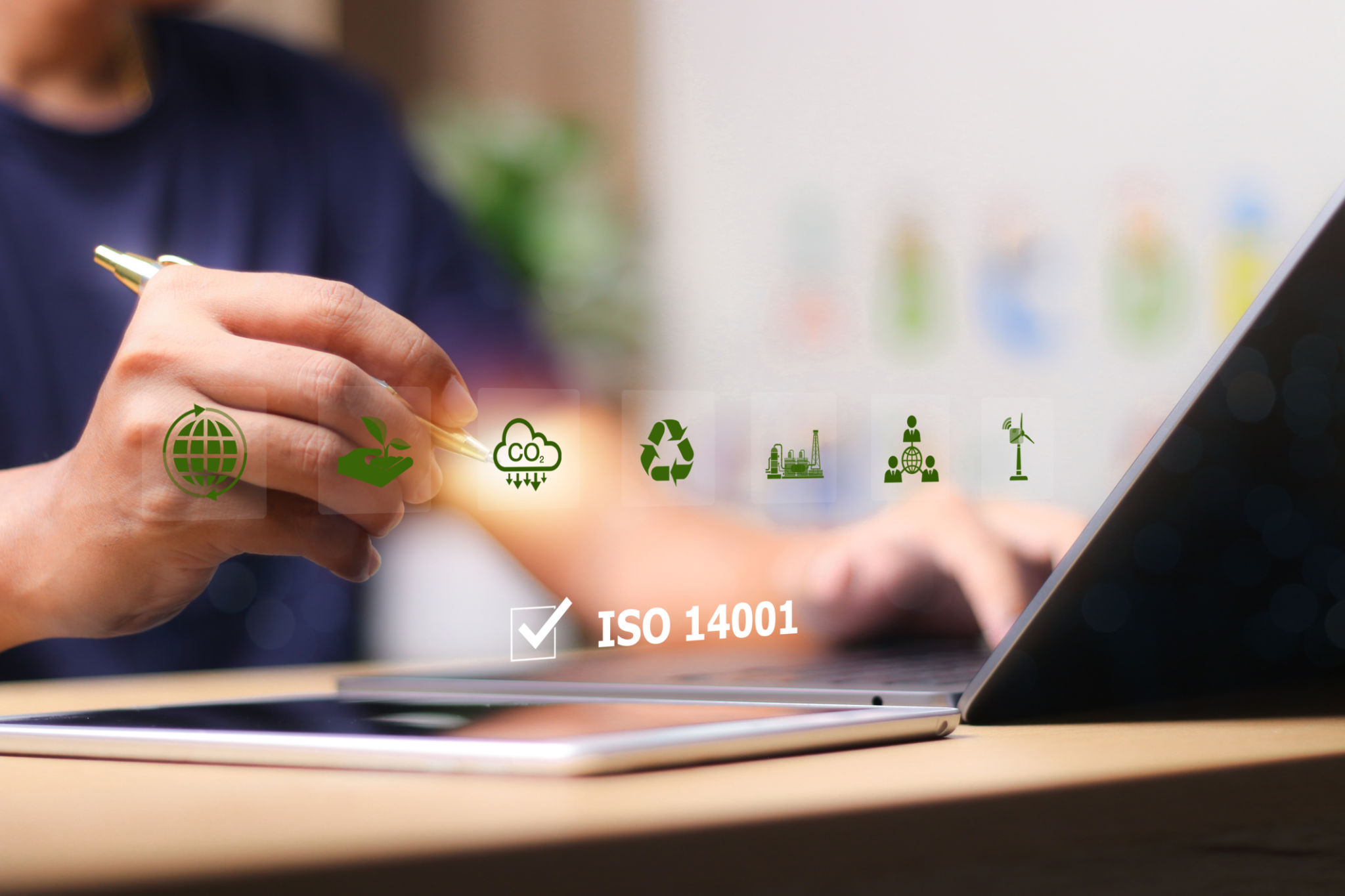Sustainability Reporting Audits for NGOs: Best Practices and Challenges
Understanding Sustainability Reporting Audits for NGOs
In an era where transparency and accountability are paramount, non-governmental organizations (NGOs) are increasingly adopting sustainability reporting audits. These audits serve as a tool to evaluate and communicate their impact on the environment, economy, and society. By systematically assessing their operations, NGOs can harness sustainability reporting to enhance their credibility and foster trust among stakeholders.
Sustainability reporting audits involve a comprehensive review of an organization's sustainability practices and disclosures. This process helps NGOs align with global standards and frameworks such as the Global Reporting Initiative (GRI) and the United Nations Sustainable Development Goals (SDGs). As stakeholders demand more transparency, NGOs that implement best practices in sustainability reporting audits can significantly improve their operational effectiveness.

Best Practices for Effective Audits
To conduct effective sustainability reporting audits, NGOs should adhere to several best practices. First, it's essential to establish clear objectives for the audit. These objectives should align with the organization's mission and the expectations of stakeholders. This alignment ensures that the audit focuses on areas that will deliver the most value.
Secondly, NGOs should engage qualified and independent auditors to conduct the assessments. Objectivity is crucial in ensuring that the audit findings are credible and actionable. Additionally, involving stakeholders in the audit process can provide valuable insights and enhance the transparency of the findings.

Leveraging Technology in Audits
Embracing technology can significantly enhance the efficiency and accuracy of sustainability reporting audits. Tools such as data analytics platforms and sustainability management software can streamline data collection and analysis. This technological integration allows NGOs to track their sustainability performance in real-time, enabling more proactive decision-making.
Moreover, digital tools can facilitate better communication of audit results. By leveraging online platforms, NGOs can publish their sustainability reports and audit findings in an accessible format, reaching a wider audience and fostering greater engagement with stakeholders.

Challenges Faced by NGOs
Despite the benefits, NGOs face several challenges in conducting sustainability reporting audits. One significant challenge is the lack of resources, both in terms of finances and skilled personnel. Many NGOs operate on limited budgets, making it difficult to allocate sufficient funds for comprehensive audits.
Another challenge is the complexity of global reporting standards, which can be overwhelming for organizations with limited experience in sustainability reporting. Navigating these frameworks requires a deep understanding of regulatory requirements and industry-specific guidelines, which may not always be readily available within NGOs.
Overcoming Challenges
To overcome these challenges, NGOs can seek partnerships with academic institutions or other organizations that specialize in sustainability. Such collaborations can provide access to expertise and resources that may otherwise be unavailable. Additionally, investing in training programs for staff can build internal capacity and knowledge related to sustainability reporting.
Furthermore, adopting a phased approach to audits can help manage costs and complexity. By breaking down the audit process into manageable stages, NGOs can incrementally improve their sustainability practices while still working within budget constraints.

The Future of Sustainability Reporting Audits
As demand for transparency continues to grow, sustainability reporting audits will become increasingly integral to NGO operations. By embracing best practices and addressing challenges head-on, NGOs can not only enhance their sustainability efforts but also drive meaningful change in society.
Ultimately, effective sustainability reporting audits position NGOs as leaders in accountability, setting an example for other sectors to follow. As these practices evolve, they will play a crucial role in shaping a more sustainable future for all.
